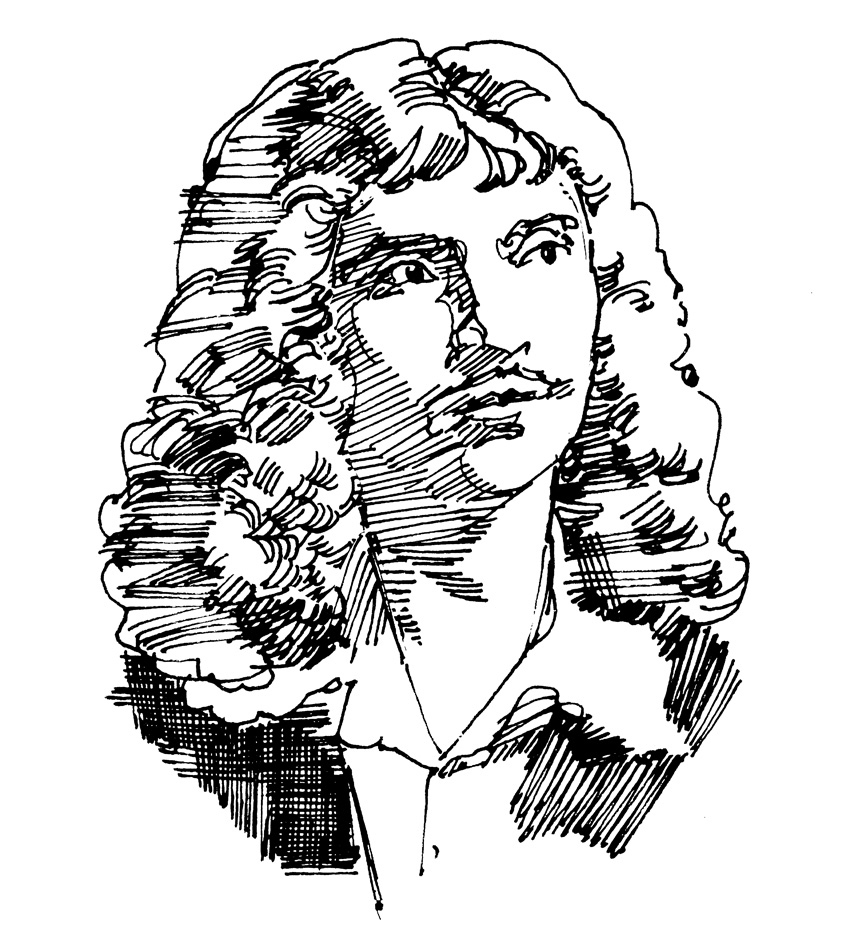Molière << mohl YAIR >> (1622-1673), was the stage name of Jean Baptiste Poquelin, the greatest French writer of comedy. Molière’s plays emphasize one broad principle: the comic contrast between how people see themselves and how others see them.

Molière experimented with many drama forms. During his short career, he wrote farce, high comedy, satire, and comedy-ballets. He wrote equally well in verse and prose. Molière was also a fine actor and director.
Molière was baptized on Jan. 15, 1622, in Paris, and was the son of a prosperous upholsterer. He earned a law degree, but he never practiced law. In 1643, he and some friends founded the Illustre-Théâtre. From 1645 to 1647, the troupe toured France. In 1658, a performance attracted the attention of Louis XIV. The king gave Molière a permanent theater and asked him to write entertainments for the court.
Molière had no strong philosophy, but he had a knack for choosing controversial subjects that would attract public interest. His plays generally favor youth, love, and nature against age, selfishness, and efforts to imitate nobility. In 1662, The School for Wives, his first masterpiece in verse, satirized the narrow education given to girls of the middle class as well as an old man’s claims to the love of his young female ward. As a result, Molière was attacked by extremist religious groups in France. Tartuffe (1664) was a satire on religious hypocrisy. It aroused such great church opposition that the play could not be performed for several years. Opposition from the church also forced Don Juan, or The Stone Feast (1665), to close after a short run. Molière then satirized universal human failings in The Misanthrope (1666), The Miser (1668), The Learned Ladies (1672), and other plays.
Late in his career, Molière wrote a series of comedy-ballets in which the dramatic script was accompanied by interludes of song and dance, somewhat like today’s musical comedies. These works include George Dandin (1668), The Would-Be Gentleman (1670), and The Imaginary Invalid (1673). Molière died on Feb. 17, 1673.
